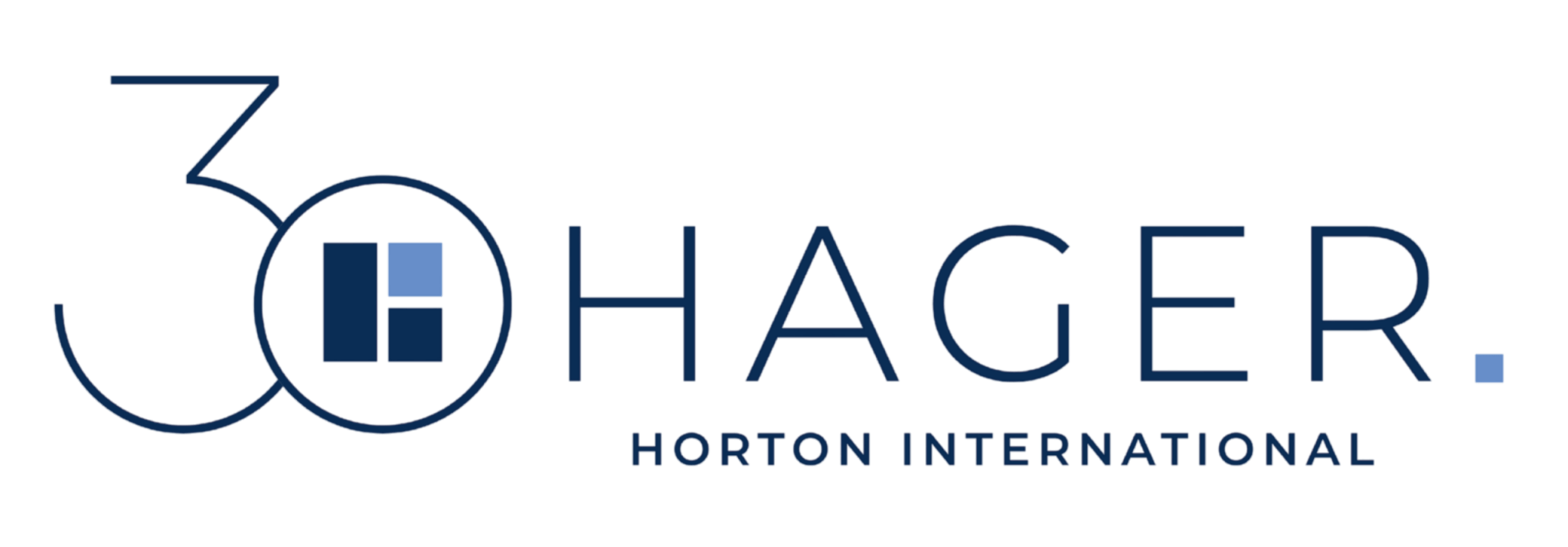In 1996, exactly 25 years ago, Ralf Hager founded HAGER Executive Consulting GmbH, which specializes in executive search. Time for a short, personal company analysis in four chapters – with a few surprising insights.

In 1996, our everyday office life was still largely analog. Communication was by fax, data was stored on floppy disks and the World Wide Web was just five years old; even Bill Gates thought the Internet was just hype at first. It was a time of technological upheaval and change, uncharted territory in which the pioneers and later market giants winked at each other through the window of time and the pioneers rubbed their eyes in amazement years later. The most interesting chapter in this context was written by Nokia and Apple. The Finns launched the first smartphone on the market in 1996 with their “Nokia 9000 Communicator”. It promised to be a pocket-sized office that could send and receive faxes and weighed 400 grams. It was to become the tragic side note of the digital era. A decade later, Apple presented its iPhone, and the smartphone became a bestseller and game changer for an entire industry. The rest is history.
1. early bird: recognizing trends early and constantly reinventing yourself
What lessons can be learned from this episode on the Main Stage? To be successful in the long term, you have to master and take to heart two things. Recognizing trends early on, or to put it casually: betting on the right horse, and constantly reinventing yourself at the same time. In the nineties, Ralf Hager recognized the potential of the digital sector – back then it was still referred to as IT & telecommunications. ” An incredible dynamic was already apparent during this time. That was the reason for me to start management consulting in this technology sector. ” The theme was found as a leitmotif and was repeatedly adapted to current developments and market requirements, and new business units were added. Most recently with “Financial Sponsor Coverage”, an industry that is transforming digitally later than others, but at a breathtaking pace.
HAGER now employs over 110 people in 14 different industry teams. These cover all economically relevant sectors, including Consumer Industries, Digital & Technology, Financial Services, Industrial, Life Science, Professional Services, Construction & Real Estate and Public Sector.
2 It’s People’s Economy
It wasn’t so long ago that companies mainly focused on producing and providing services. In this old-school business model, employees were expected to work inconspicuously and silently, like small cogs in a well-oiled clockwork. In other words, the human factor was chronically underestimated for a long time.
Ralf Hager first came into contact with personnel consulting during his business studies as a working student. The famous eureka moment. Bringing the right people together was what he wanted to do in the future. He says: “When I founded the company 25 years ago, my goal was to do it better than the others. Because every person can deliver incredible added value in their working environment – if it really fits.” The last half-sentence, as inconspicuous as it may seem at first glance, naturally contains the explosiveness and brilliance of an entire profession, and affects everyone involved equally, employees and companies alike, depending on whether the matching is successful.
3. trust your team: recognizing, promoting and releasing potential
In dynamically growing companies, it is particularly exciting (and for some, revealing) to take a look: How many people from the core team are still with the company after many years – even if the number of employees has multiplied? Conversely, this means: to what extent are entrepreneurs able to develop their employees and give them room to grow?
In the case of an HR consultancy, this becomes a litmus test. Do we ourselves put into practice what we recommend to others as principles of contemporary leadership? Do the Sunday speeches still apply on Mondays in meetings? Many key positions at HAGER are held by people who have been working successfully for the company for many years. For example, Martin Krill, Managing Partner, who started as a consultant at HAGER over 20 years ago. In 2020/21, he also initiated the future study “Working World 2030” and implemented it at HAGER together with the consultants from the futurology company ‘2b AHEAD’, led by Sven Gábor Jánszky and some members of his team. The “ABC of the world of work” is currently being published as a spin-off.
4th Walk the talk: Diversity as a driver for the future
Recruiters need the right attitude. And whoever recruits has power. Countless studies have shown a connection between diversity and a company’s ability to innovate – diversity is a success factor. Gender diversity has the greatest effect because it is clearly quantifiable and accelerates an overall more open corporate culture. Although the majority of students are women, who also score better degrees, this is not yet reflected in the filling of management positions. The old song. Why is Germany finding it particularly difficult to take the necessary steps? “There are widespread cultural prejudices against women – and such stereotypes are slow to die,” explains Ralf Hager. What prompted him and the HAGER team to take a radical step: “We have committed ourselves to proposing 50 percent female candidates when filling positions on the Management Board and Supervisory Board. We are also cooperating with networks such as FemaleOneZero, Impact of Diversity, Mission Female and Global Digital Women to take this issue even further.”



